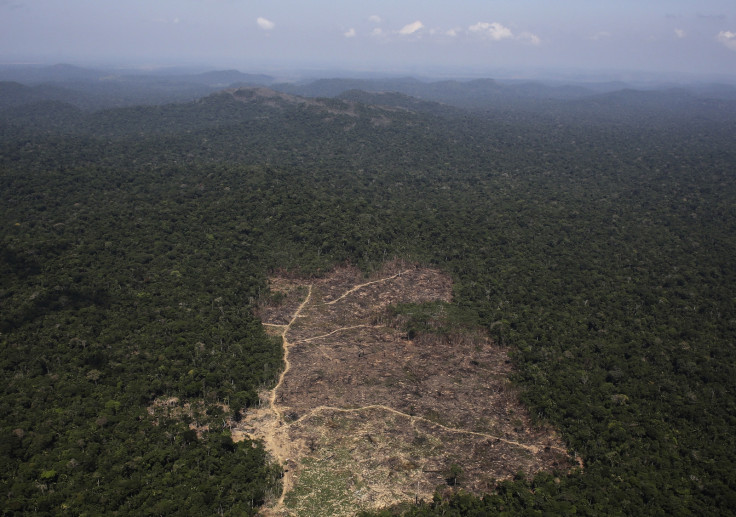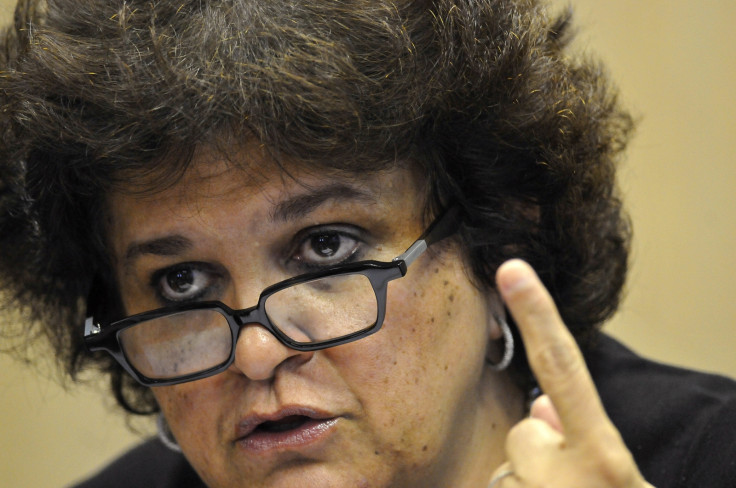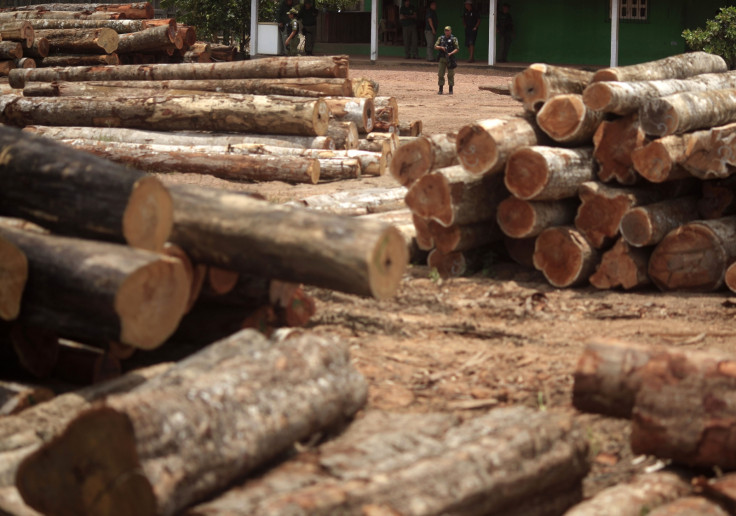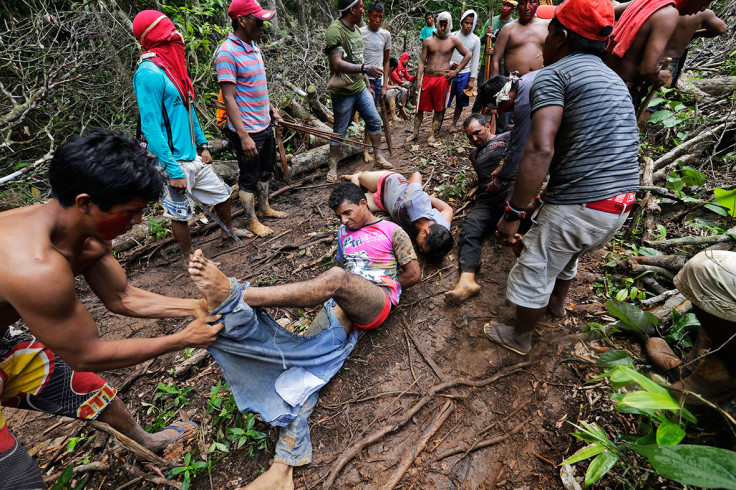Brazil Says No to Anti-Deforestation Plans: The Difficulty of a Global Response to Climate Change

Brazil has refused to endorse a global anti-deforestation initiative put forward at the UN climate summit because it says it was left out of the consultation process.
According to an exclusive report by the Associated Press, environment minister Izabella Teixeira said her country was "not invited to be engaged in the preparation process" of the plan.
"Unfortunately, we were not consulted. But I think that it's impossible to think that you can have a global forest initiative without Brazil on board. It doesn't make sense," she said.
However, a UN official denied her claims, saying "there were efforts to reach out to the Brazilian government". Charles McNeill, a senior environmental policy adviser with the UN, said: "There wasn't a response [from Brazil]."
"There was no desire to exclude Brazil. They are the most important country in this area. An effort that involves Brazil is much more powerful and impactful than one that doesn't."
Yet Brazil refusing to partake in the UN's plans for reducing deforestation serves to highlight the strides and pitfalls the nation has made over the last decade in protecting the Amazon, as well as the difficulty with organising an international co-ordinated response to climate change.
Earlier this month, official figures from the Brazilian government showed a 29% spike in deforestation between August 2012 and July 2013, with 5,891 sq/km cleared in this time. A year earlier, deforestation had risen by 28%.

Experts said widespread agricultural development, the building of new roads and dams, as well as illegal logging contributed to the rise.
A study published in the journal Global Change Biology in July also showed that logging and burning in the Amazon contributes to the loss of 54 million tons of carbon every year – 40% of the total carbon loss caused by deforestation in the area.
"The impacts of timber extraction, burning and fragmentation have received little notice because all the efforts have been focused on preventing further deforestation. This attitude has resulted in tremendous progress in conserving the Brazilian Amazon, whose deforestation rate fell more than 70% over the past 10 years," said Erika Berenguer, first author on the study.
"However, our study has shown that this other type of degradation is having a severe impact on the forest, with enormous quantities of previously stored carbon being lost into the atmosphere."
Despite these setbacks, Brazil has been championed in its efforts to conserve the rainforest over the last decade. Research from earlier this year showed that Brazil is leading the world in reducing carbon emissions, while increasing food production at the same time.
Published in Science magazine, researchers found that since 2004, a combination of "bold public policies, market rejection of deforesting farmers, and an increase in protected areas" helped prevent deforestation while allowing the nation's beef and soy production to grow.

Initially compliance for new laws, such as the controversial forest code policy, were low. But after 2005, public pressure coupled with a Greenpeace-led initiative meant most buyers would only purchase Amazon soybeans grown on land that had been cleared before 2006.
The government also continued to expand the area of the Amazon formally designated as nature reserves and indigenous territories, protecting more land from agricultural expansion.
Earlier this month, construction also began on a giant observation tower in the Amazon basin to monitor climate change. The 325m tower will be used by Brazilian and German scientists in a bid to better understand greenhouse emission sources.
"The measurement point is widely without direct human influence, and therefore ideal to investigate the meaning of the forest region for the chemistry and physics of the atmosphere," Jurgen Kesselmeier, one of the project coordinators, said.
The public backlash in Brazil against illegal logging has seemingly permeated society. On a very local level, pictures recently emerged showing the indigenous Ka'apor tribe tracking down illegal loggers in the Amazon, tying them up, stripping them and beating them with sticks.

However, the government is aware far more must be done to stop deforestation. A statement on its Amazon Fund website said: "The more the deforestation rates are reduced, the more costly the new and successive reductions thereafter. Thus, it becomes increasingly important to define a model of development for the Amazon Forest, valuing and protecting its assets, while simultaneously fostering social and ethnic diversity and improving the population's standard of living.
"Accordingly, such new improvements will demand more sophisticated efforts from Brazilians and the federal government."
Refusing to partake in the UN deforestation programme, the government says, is a result of the plans clashing with their current laws to manage the clearing of forests – not an unwillingness to participate.
As the AP report suggests, the 'no' response from Brazil mainly shows the problems of building an international consensus on environmental initiatives, an issue likely to continue to blight progress in the future.
© Copyright IBTimes 2025. All rights reserved.






















